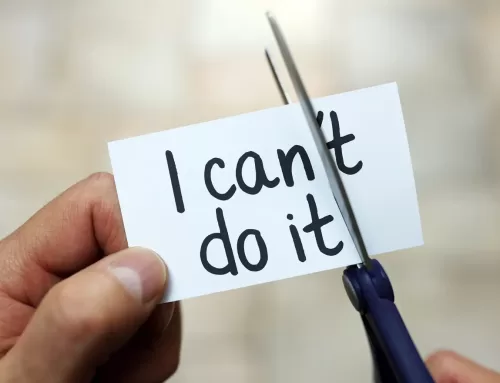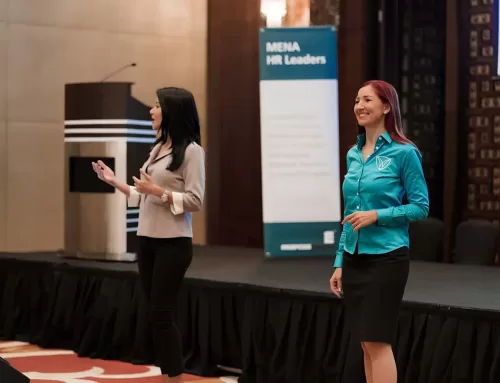Are You Failing as a Corporate Leader? It’s Time for a Personal Revolution

Are you feeling stuck in your leadership role, witnessing little to no progress within your team or organization? Before you rush to external factors for excuses, it’s crucial to turn the mirror on yourself. Leadership is less about wielding power over others and more about managing yourself. In this post, we’ll explore how the inner workings of a leader—your personal beliefs, emotional intelligence, and self-regulation—play pivotal roles in your effectiveness and success. It’s not just about leading; it’s about self-leading.
The Leadership Crisis: Common Failures in Corporate Leadership
Many leaders face a range of challenges that can spiral into failure. Poor communication, ineffective team management, and a lack of inspirational vision are just the tip of the iceberg. For instance, a Gallup study reveals that a staggering 70% of employee engagement scores are directly influenced by managers. This statistic underscores the profound impact leadership has on organizational success. Often, these issues stem from deeper personal shortcomings—a lack of self-awareness, insufficient emotional control, or misaligned values.
The Inner Game of Leadership
Transformational leadership, self-leadership, and emotional intelligence are not just buzzwords; they are essential frameworks that can guide a leader towards effective management and visionary prowess. These concepts are deeply intertwined with a leader’s ability to introspect and regulate personal behaviors. Transformational leaders, for example, excel in inspiring and motivating others, but their ability to do so depends heavily on their inner clarity and emotional resilience.
Transformation Through Self-Leadership
Self-leadership is an inner process where you become aware of your thinking and behavior patterns and take active steps to influence and direct them. It’s about setting personal standards that exceed your current capabilities and comfort zones. To cultivate this, begin by establishing robust daily routines and habits, such as dedicated time for strategic thinking, mindfulness practices to enhance focus, and continuous learning through books, podcasts, and workshops focused on leadership and personal development.
Emotional Intelligence: The Heart of Effective Leadership
Emotional intelligence (EI) can be the cornerstone of effective leadership. EI involves understanding and managing your own emotions while empathizing with others. A leader high in emotional intelligence can navigate complex interpersonal dynamics, make more thoughtful business decisions, and handle stress effectively. Improving your EI can start with simple steps like practicing active listening, seeking feedback on your interactions, and engaging in empathy exercises to better connect with your team.

Implementing Change: From Insight to Action
Knowledge alone isn’t power—applied knowledge is. To implement changes in your leadership style, start with clear, actionable goals. Perhaps you need to improve your conflict resolution skills or better manage your stress. Whatever the case, consider working with a coach or mentor to guide your development, engage with peer groups for support, and track your progress meticulously through journals or digital tools designed for behavioral change.
Success Stories: Leaders Who Turned It Around
Consider the story of a tech CEO who noticed his company’s innovation stalling. Through coaching, he realized his micromanagement was stifling creativity. By learning to trust his team and focusing on his growth through self-leadership practices, he not only improved his own job satisfaction but also saw his team’s innovation metrics skyrocket. Stories like these are not uncommon and prove that personal transformation can lead to professional revolution.
If you’re experiencing challenges in your role as a leader, it might be time to look inward. The transformation of your leadership style begins with a transformation within yourself. By fostering emotional intelligence, engaging in self-leadership, and regulating your own behaviors, you can not only change the trajectory of your career but also the fortunes of your entire organization. Are you ready for a personal revolution in leadership?




